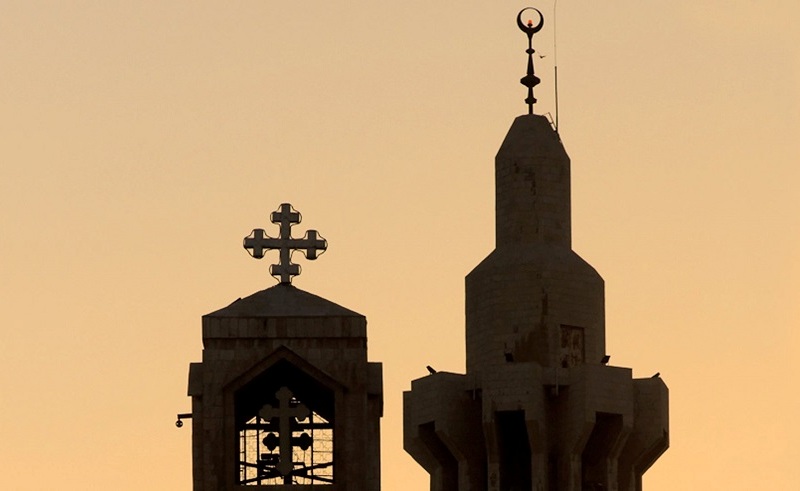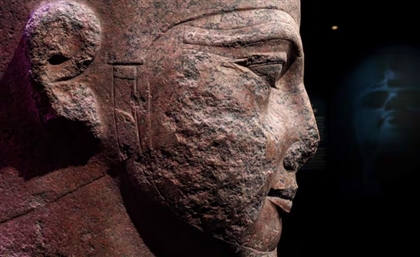Number of Egyptians Identifying as Non-Religious Doubles According to BBC Survey
But many seem to have changed stances on women in leadership.

A survey by BBC Arab World has revealed that 9% of Egyptians identify as 'non-religious', an increase from 4% in 2013. The survey, which was undertaken between late 2018 and spring 2019, presented several questions that aimed to to understand changing attitudes in the region towards a number of taboo issues, top of which is the slow recession of religious conservatism, honour killings, homosexuality, migration, and regional conflicts. Some of the results reflected surprising societal trends that would have been unthinkable just a couple of decades ago.
The proportion of Arabs identifying as non-religious has seen a significant rise in recent years, reaching 13% of the surveyed sample. Tunisia leads the way with over 30% of respondents saying they're not affiliated with any religion, followed by Libya at 25%, Algeria at 15%, and Lebanon at 14%. With 9% of Egyptians surveyed saying they're non-religious, Egypt is sixth on the list, seeing a 5% rise in the category since 2013 when non-religious respondents in a similar survey amounted to 3-4%.

When it comes to women in power, the Lebanese seem to be the most accepting of with having a female leader, with over 75% of respondents agreeing that 'women should make national decisions, not family ones'. In Egypt, over 50% agreed with the aforementioned statement, while 75% said that husbands should have the final say at home. It's less than ideal, but let's look at the silver linings, eh?

While Egypt isn't included in the 'honor killings' and 'homosexuality' part of the survey, 27% and 26% of Algerians identified 'honour killings' and 'homosexuality' as acceptable behaviours, respectively. In Morocco, it's at 25% and 21% respectively, while in Lebanon, surprisingly, only found homosexuality to be acceptable, while 8% said the same about honour killings. Israel, meanwhile, is seen as the biggest threat by 54% of Egyptians, 36% of Sudanese, 42% of Jordanians, and 24% of Libyans. 63% of Palestinians agreed, but the Lebanese continue to hate Israel the most, with 79% of them considering the Jewish state as their biggest enemy.
Israel, meanwhile, is seen as the biggest threat by 54% of Egyptians, 36% of Sudanese, 42% of Jordanians, and 24% of Libyans. 63% of Palestinians agreed, but the Lebanese continue to hate Israel the most, with 79% of them considering the Jewish state as their biggest enemy.
Photos and charts: BBC Arabic
- Previous Article Egyptian Court to Rule on Banning Mass-Poisoning of Stray Animals Next Month
- Next Article The Players Fueling Egypt's Fitness Scene
























